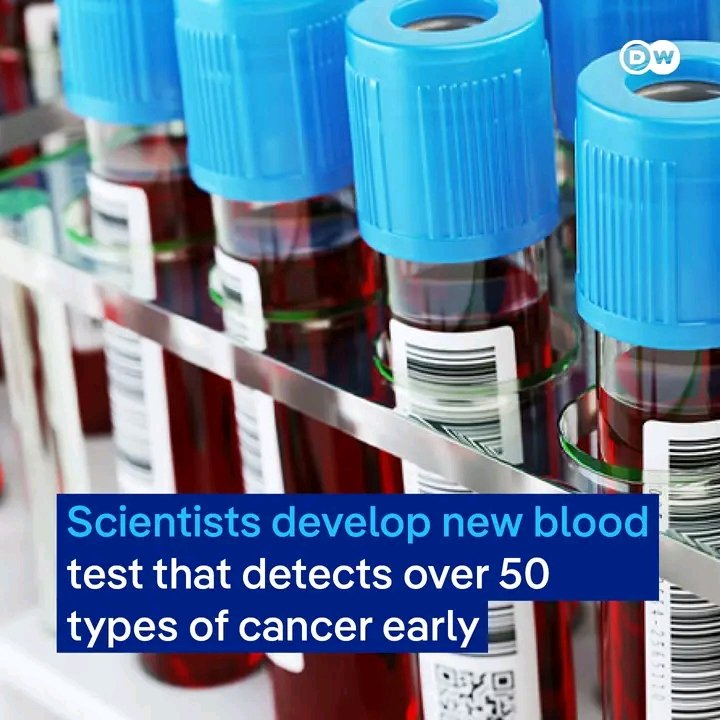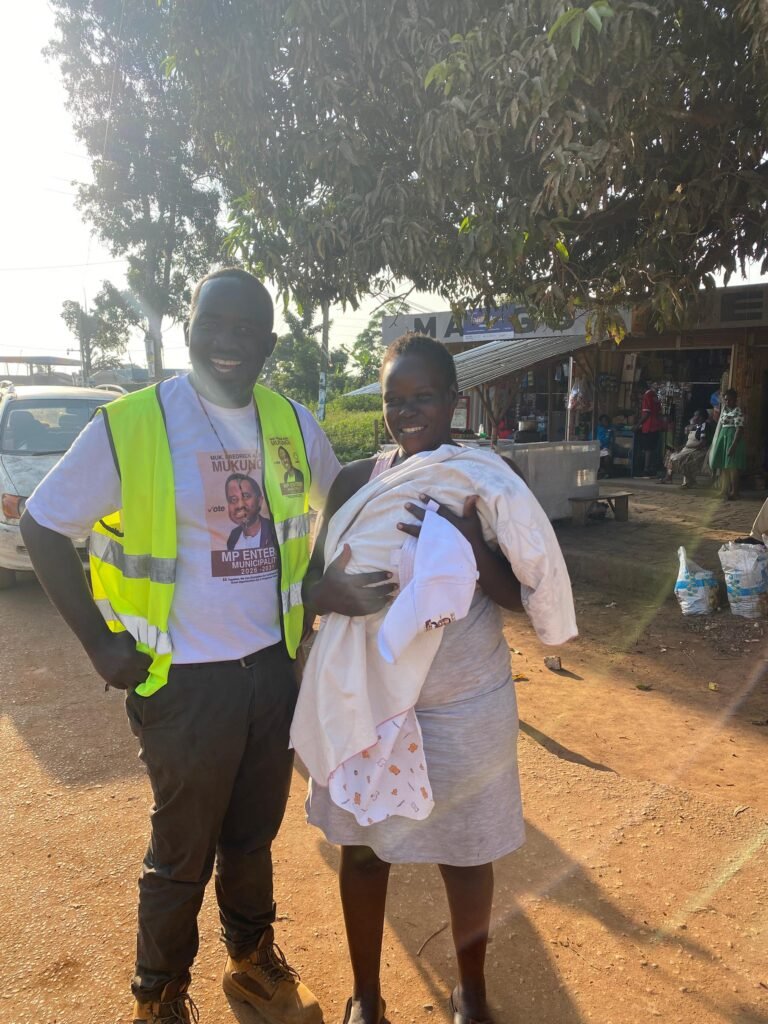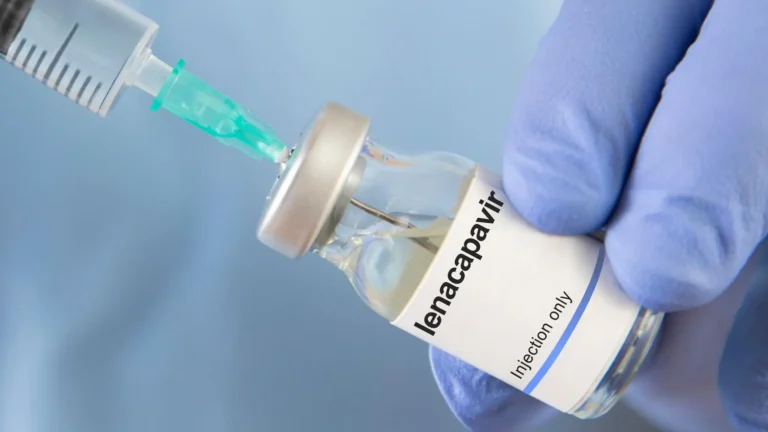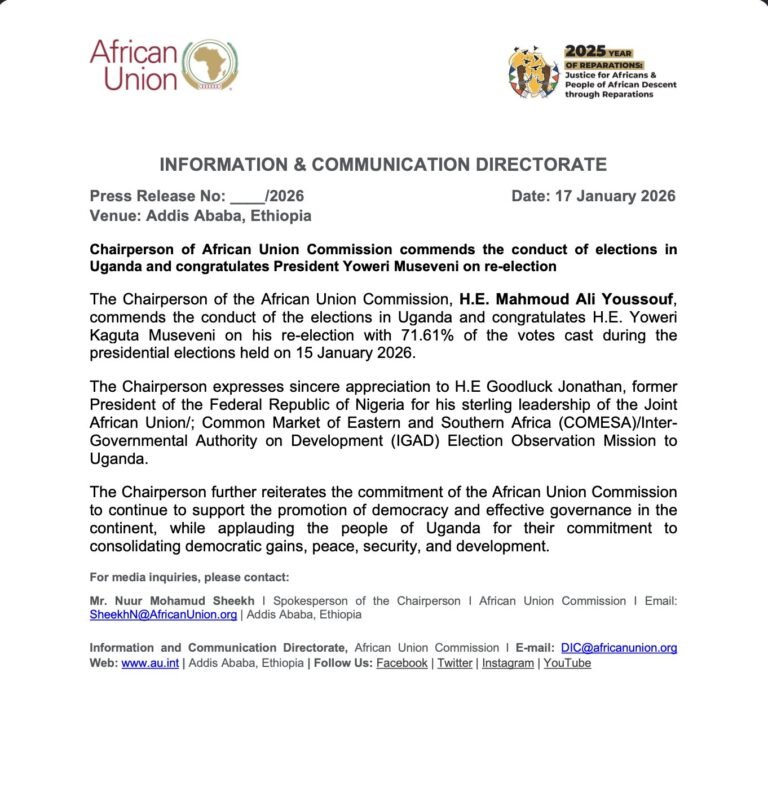
A revolutionary blood test capable of detecting more than 50 types of cancer, often before any symptoms appear, has shown highly promising results in trials. The Galleri test, developed by the U.S. biotechnology company Grail, could mark a paradigm shift in the fight against cancer.
The test works by identifying minute traces of cancerous DNA, known as cell-free DNA, that tumors shed into the bloodstream. This innovative “liquid biopsy” approach allows for the early identification of cancers that are currently difficult to screen for, such as pancreatic, ovarian, and esophageal cancers.
Recent trial data is particularly encouraging. The test successfully detected over half of the cancers at early stages (I and II), when treatment is most likely to be successful and the disease is potentially curable. Furthermore, it identified nearly 70% of cancers before they progressed to stage IV, the most advanced and difficult-to-treat stage.
Accuracy is a critical measure for any screening tool, and the Galleri test demonstrated a high specificity of 99.6%. This means it correctly ruled out the presence of cancer in 99.6% of healthy participants, minimizing the risk of false alarms and unnecessary follow-up procedures.
Dubbed the “holy grail” of cancer tests by some experts, the Galleri test has the potential to transform cancer screening worldwide. By catching the disease in its earliest, most treatable stages, it could significantly improve survival rates and save countless lives. While not yet widely available, its success heralds a new era in proactive and preventative oncology.









